Consumer confidence in the US rose significantly in early June, marking the first notable improvement in sentiment this year, as concerns over tariffs and inflation began to subside.
According to preliminary data released Friday by the University of Michigan, the index of consumer sentiment climbed to 60.5—well above economists’ expectations of 54 and a 15.9% increase from May.
The latest reading reflects growing optimism about the economy, even amid lingering risks tied to trade policy. The university’s survey showed broad gains across all components: the current conditions index rose to 63.7 from 58.9, and the expectations index surged to 58.4 from 47.9—the largest jump since December 2023.
The improvement follows a turbulent spring, when President Donald Trump’s imposition of sweeping import tariffs sparked concern over rising costs and economic uncertainty. However, the administration’s recent shift toward a more diplomatic approach, including a 90-day trade negotiation window with China, has helped cool fears of a prolonged trade war.
“Consumers appear to have settled somewhat from the shock of the extremely high tariffs announced in April and the policy volatility seen in the weeks that followed,” said Joanne Hsu, director of the University of Michigan’s Surveys of Consumers. “Still, consumers perceive wide-ranging downside risks to the economy.”
Inflation expectations also declined notably. The one-year inflation outlook fell to 5.1%, down from 6.6% in May—marking the steepest one-month drop since 2001. The five-year inflation outlook edged down to 4.1% from 4.2%.
Despite these gains, sentiment remains about 20% below levels seen at the end of 2024, and concerns linger that tariffs could still have inflationary effects in the months ahead. Inflation expectations remain above the levels observed in the second half of last year, signaling caution among consumers.
Economic data released this week also pointed to easing inflationary pressures. Both the consumer and producer price indexes rose just 0.1% in May, while the New York Federal Reserve reported that its own one-year inflation outlook declined to 3.2% last month.
The shift in sentiment has prompted renewed calls from the Trump administration for the Federal Reserve to lower interest rates. However, market expectations continue to suggest no rate changes before September.
The rebound in consumer sentiment was observed across political affiliations, with confidence among Republicans reaching its highest level since October 2020. Sentiment among Democrats and independents also rose to three-month highs, reflecting a broader sense of stabilization after a volatile period.
While consumer spending rose only modestly—just 0.2% in April—economists continue to monitor the labor market as the key driver of future economic resilience. As long as employment remains steady and wage growth outpaces inflation, consumer spending is expected to hold up.
The University of Michigan’s full report for June will be released at the end of the month.
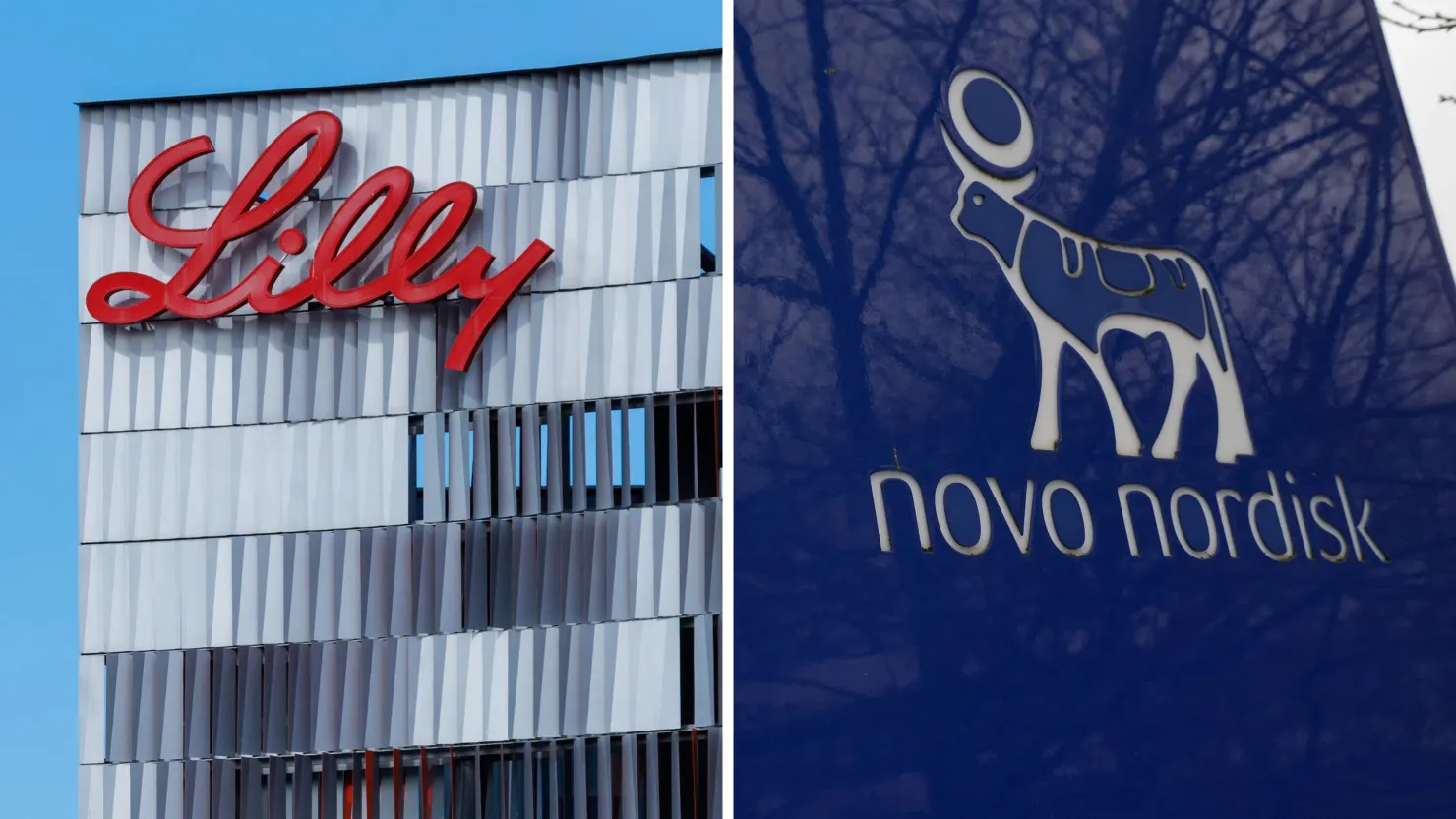
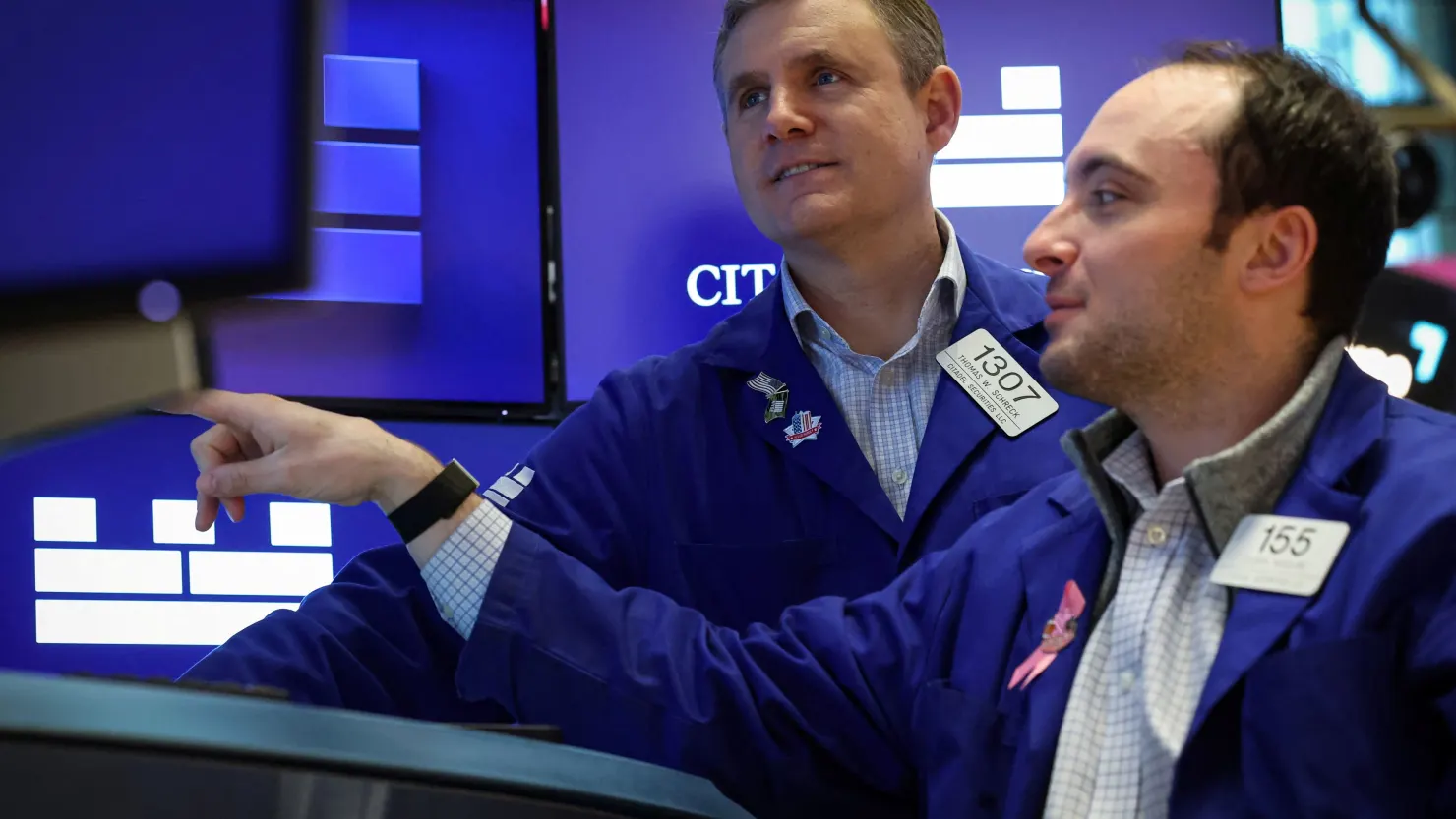
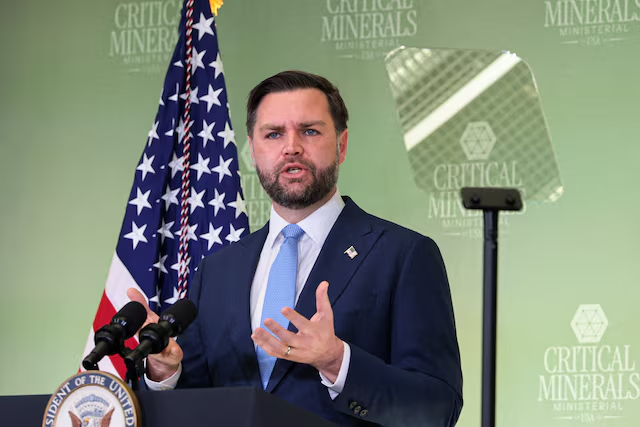
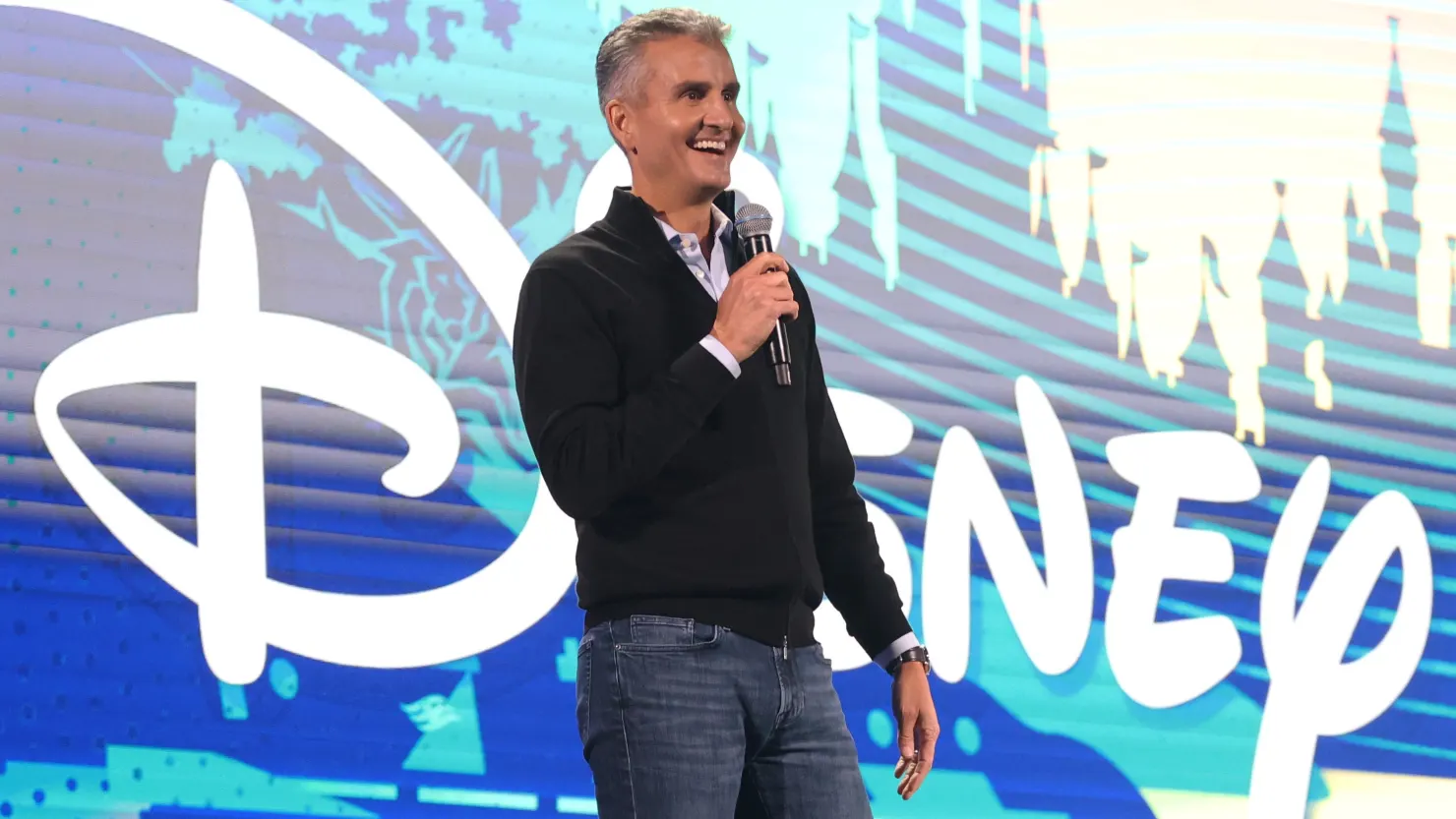
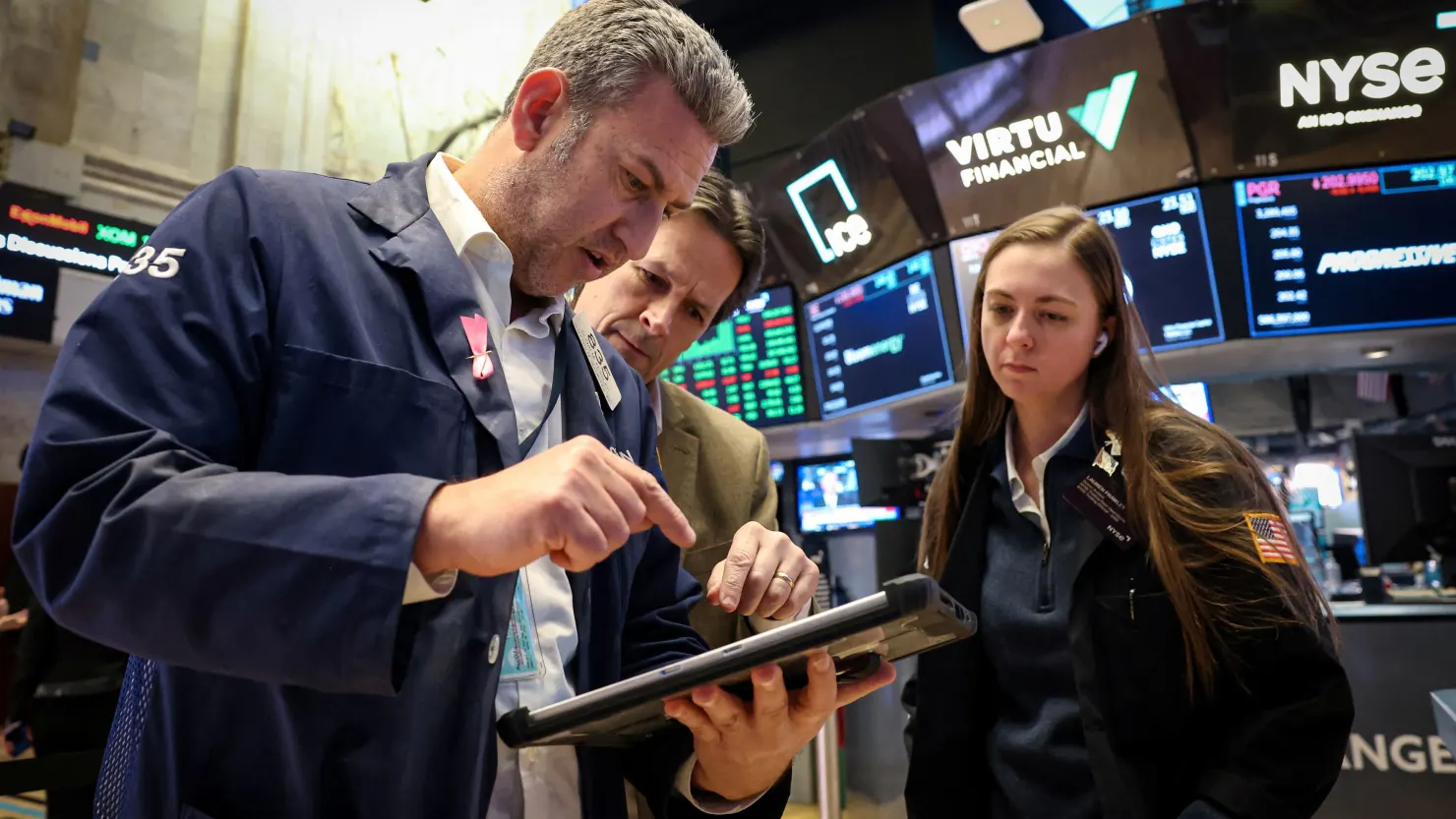
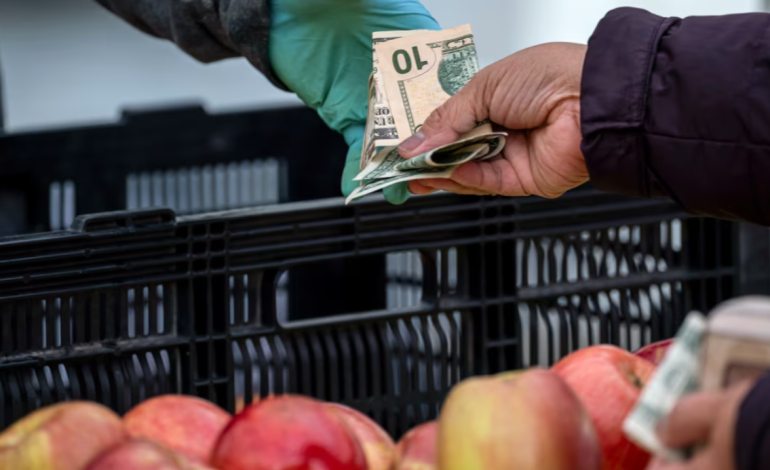




The latest news in your social feeds
Subscribe to our social media platforms to stay tuned